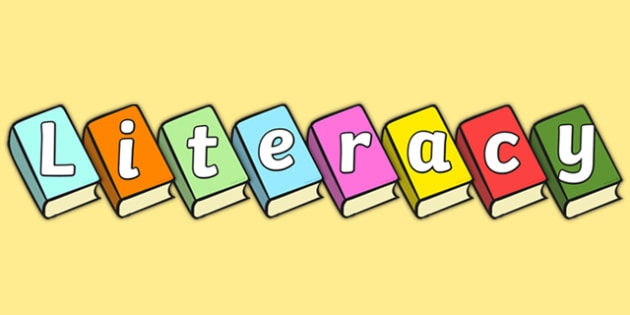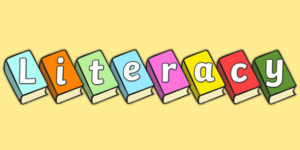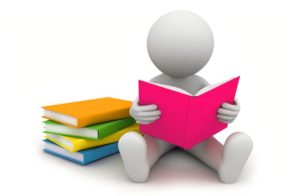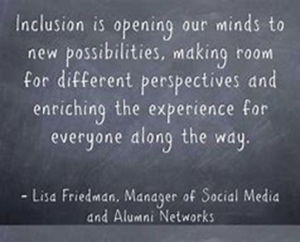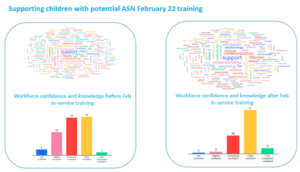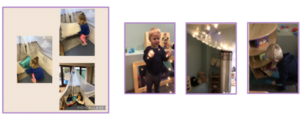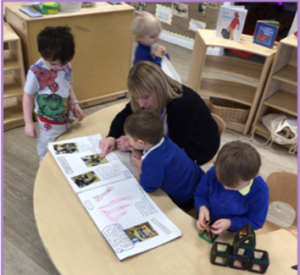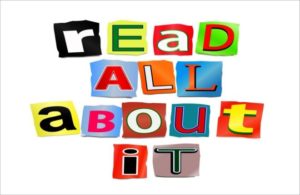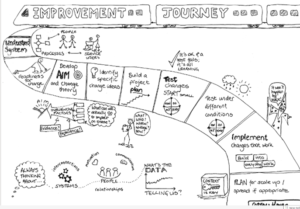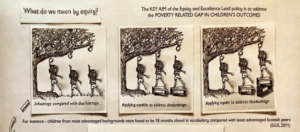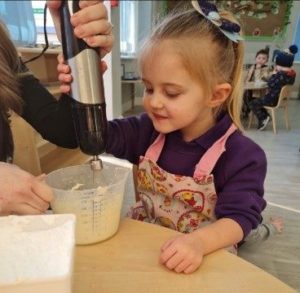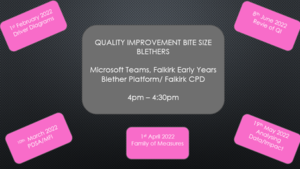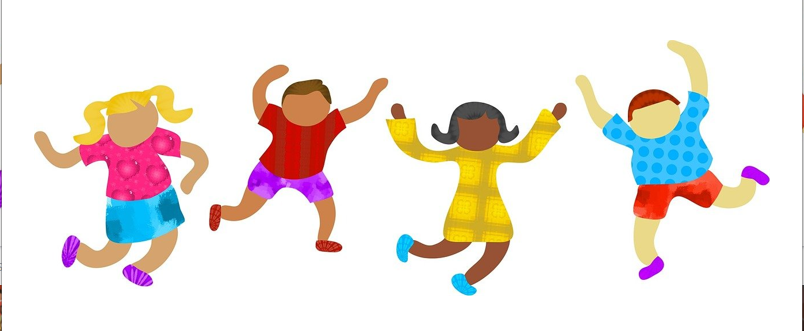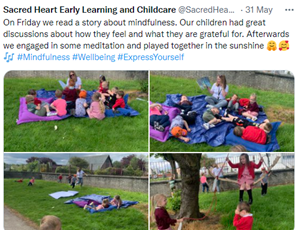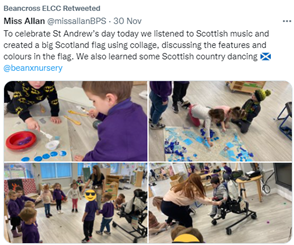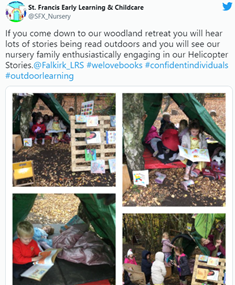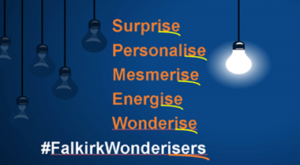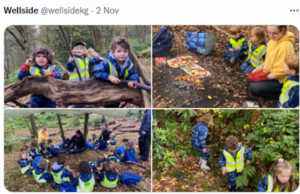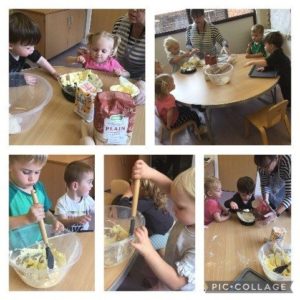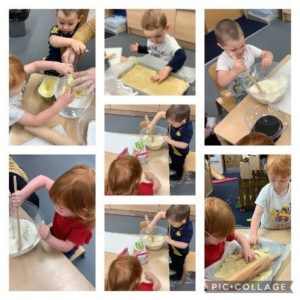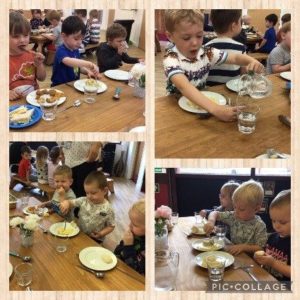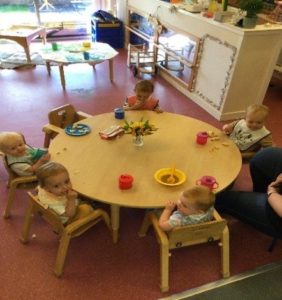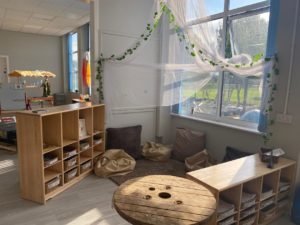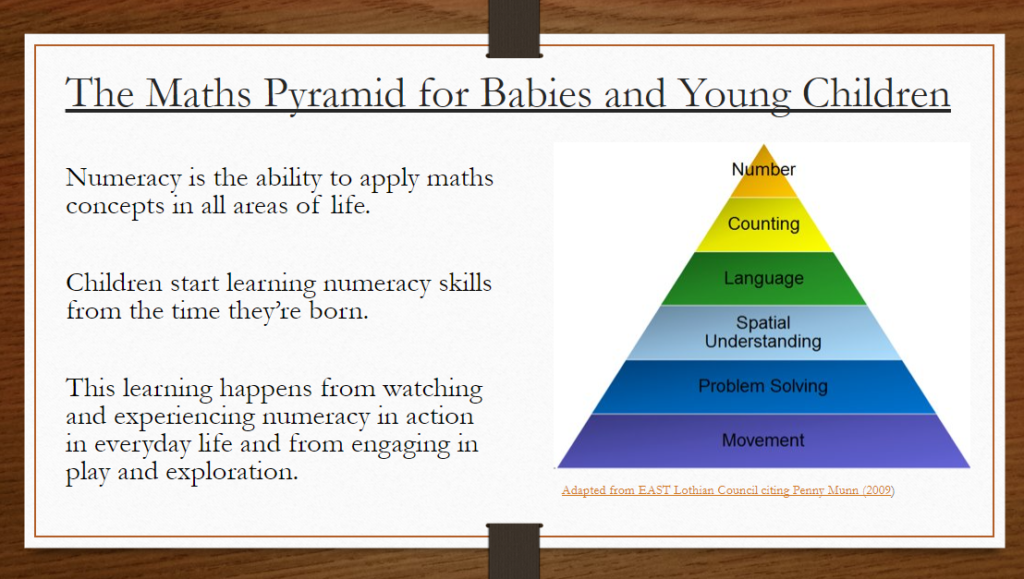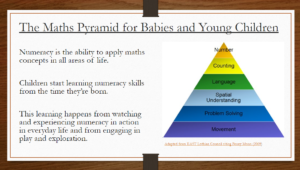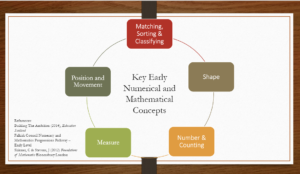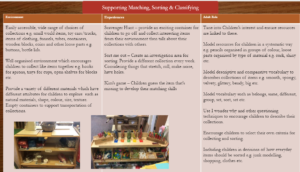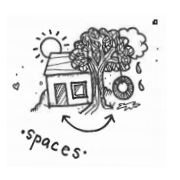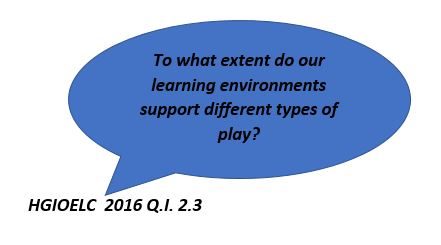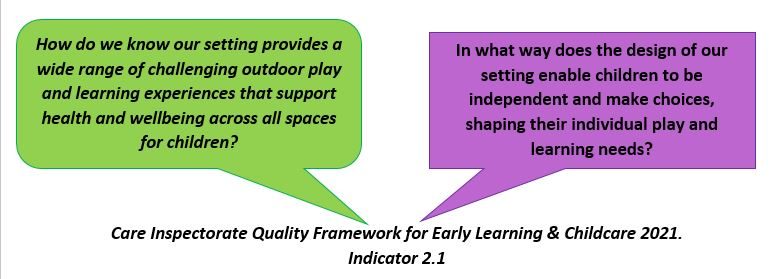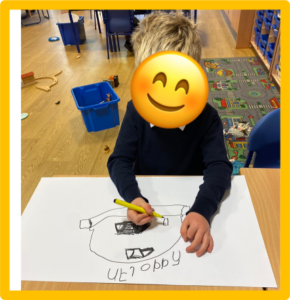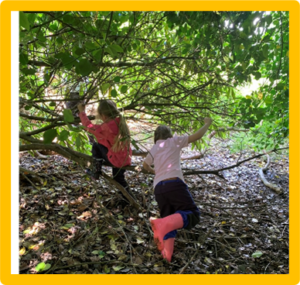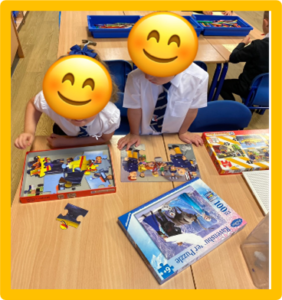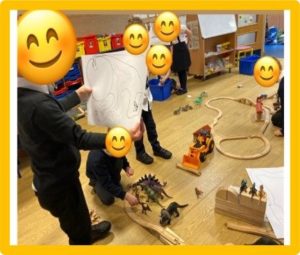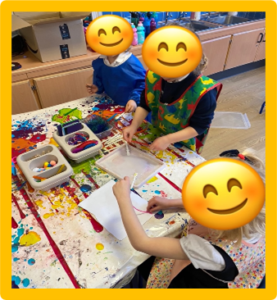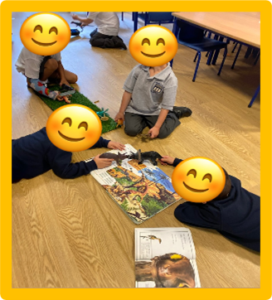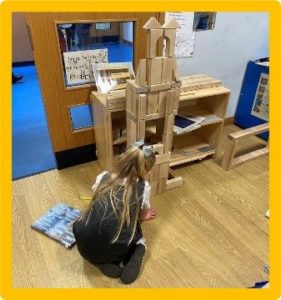There is already lots of great early literacy experiences taking place within our ELC’s every day. The high-quality spaces, interactions and experiences created by practitioners allow our children to explore literacy through their play in lots of different ways. We know that children learn best exploring through play however some literacy skills do need to be explicitly taught and encouraged by an adult. It is important that children receive a mix of child led, adult initiated and adult led playful experiences to develop their early literacy.
This blog will focus on ideas for high quality adult -led literacy experiences (gatherings). Gatherings should be tailored to the specific needs and interests of the children in the setting and be playful and optional. For more information on gatherings please refer to this useful blog The importance of high quality gatherings – Falkirk Early Learning (glowscotland.org.uk).
The following are some ideas for adult led gatherings to develop children’s core literacy skills:
Concept of print
- Read a story – point to and talk about the different features of a book, model how to hold a book and how we read from left to right and top to bottom. Encourage children to explore turning the pages and point to pictures and words. Ask questions about the story, ask them to predict what will happen next.
- Introduce different types of books e.g., books with different textures and colours, picture only books, flap books, fiction and nonfiction etc. Talk about the similarities and differences.
- Go on a hunt for different types of print around the setting or when out on a community walk try to spot environmental print (e.g., road signs, shop names etc.)
- Involve them in making diary/floor book entries to record what happened that day/ what they are learning about.
- Helicopter stories – children act out their own stories.
- Repeated stories – telling the same story daily/ a few times a week. The children can begin to act out these familiar stories and orally retell them.
- Props, puppets, story spoons/ stones etc. to encourage acting out and retelling of stories.
Phonological awareness
- Sing songs and rhymes – make up your own songs and rhymes together. Have a song of the week similar to repeated stories.
- Read books that rhyme and have children say the last word in the sentence.
- Clap out syllables in words and names.
- Card games to match or pair pictures of objects that rhyme.
- Play ‘I Spy’ – ‘I spy something beginning with the sound s’ or ‘I spy something red.’
- Go on a sound hunt within the setting or out on a walk to find words/objects starting with different sounds/letters.
Oral Language
- Retell stories and act out stories.
- Songs and rhymes.
- Invite children to talk about their day/ what they enjoy doing
- Start a topic of conversation you know children are interested in or have experience with to encourage lots of talking.
- Use props/ puppets to encourage language.
- Ask open ended questions during stories and conversations.
Fine and Gross motor skills
- Have a gathering outside to use the loose parts to build dens/ create obstacle courses etc. to encourage lots of running, jumping, and balancing.
- Playground games – Hopscotch, Tig, Simon Says, throwing and catching games, moving like different animals/ modes of transport etc.
- Sing active songs e.g., The Hokey Cokey, If You’re Happy and You Know it, I’m A Little Teapot, Hop Little Bunnies, 5 Little Monkeys, One Finger One Thumb etc.
- Do yoga together or dance.
- Play instruments together/ Make instruments to play.
- Group art/craft activities that encourage cutting, mark making, collage, painting etc.
- Threading/lacing/ sewing activities.
- Board games/ jig saws/ card games.
- Cooking and baking activities to encourage chopping, stirring, spreading, squeezing etc.
This is not an exhaustive list of ideas to develop early literacy skills within ELC’S, please feel free to leave a comment of any other adult led literacy activities that have worked well in your setting or tweet about them.
For more ideas on how to develop early writing skills specifically please see this blog Playful Writing in the Early Years by Frances McMahon – Falkirk Early Learning (glowscotland.org.uk)
For more information on how to develop core literacy skills please refer to the Foundational Literacy training which can be found on Falkirk Early Learning – CLPL and Local Information (sharepoint.com)
Frances
